Canada is a nation of
incredible beauty. I took my first trip to Canada in 1988 crossing the
border from Washington State to British Columbia. My most recent trip
was to Toronto in 2013. In 2003, I traveled to New Foundland. I have
been to both
coasts of Canada and to Quebec, but I have yet to travel to Alberta. Of
course, there are still a lot of places that I would love to see
in this beautiful country.
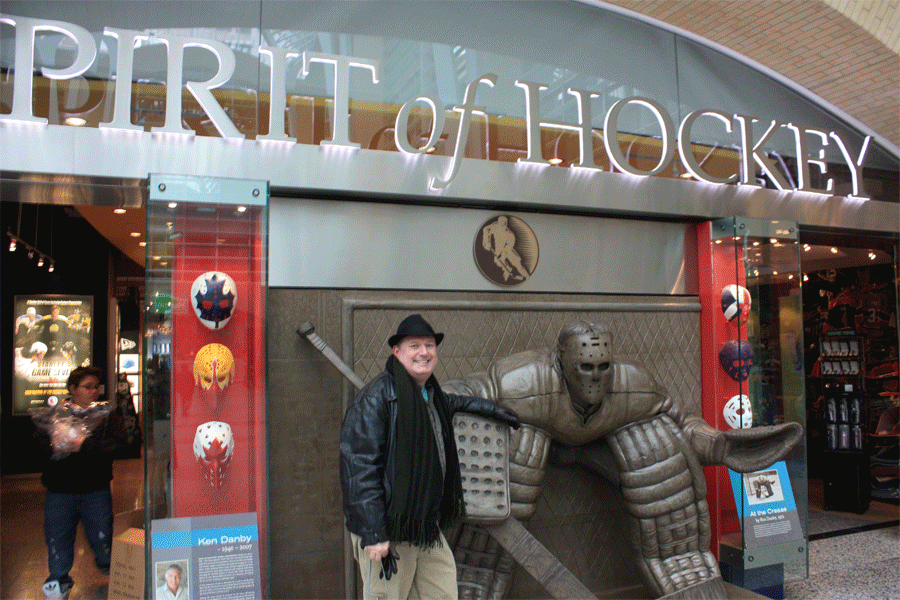
Toronto 2013
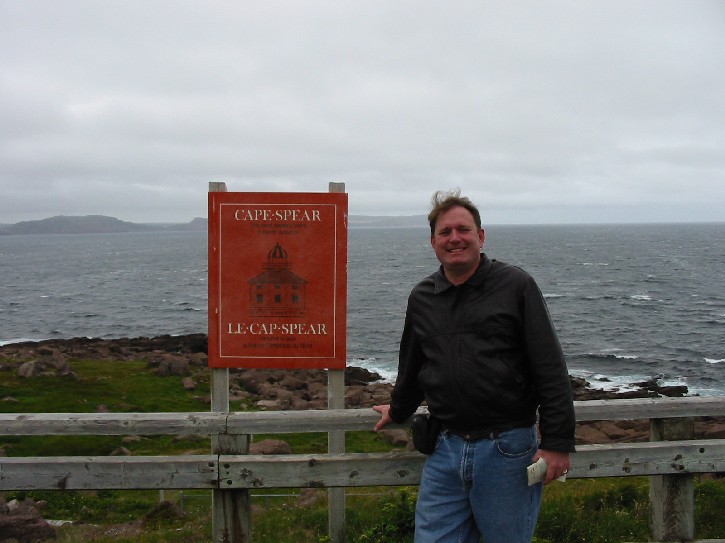

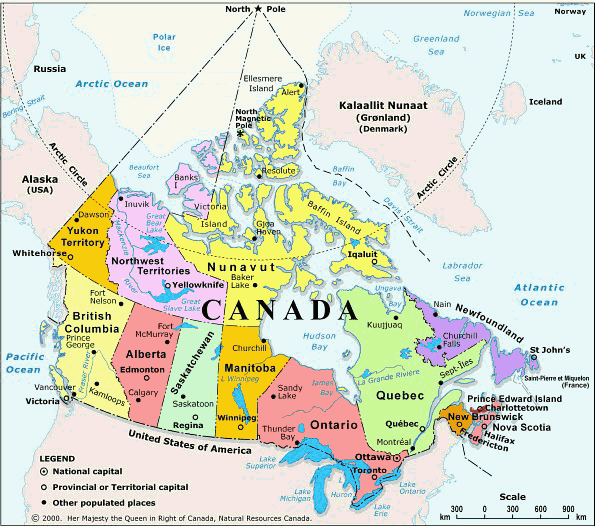 |
Aboriginal people arrived from Asia
several thousand years ago using the land bridge between Siberia
and Alaska. The first Europeans to reach Canada were descendants of the
Vikings who settled in Iceland and Greenland during the 9th and 10th
centuries; the second wave of Europeans were led by John Cabot in the
late 15th century. The English and French settled in Canada
because it was rich fishing grounds. In the 1500's. During the 17th
century, the French accelerated trading with the New France Company.
The creation of England's Hudson's Bay Company initiated a long period
of rivalry, culminating in the Anglo-French war of the early 1760s;
this ended with the surrender of the French Canadian capital,
Québec, to the English forces. The Treaty of Paris, in 1763,
gave all French territories in north-east America to the British.
Within two decades, however, the English had been ousted from their
American colonies following defeat in the American War of Independence.
Eastern Canada was then settled by loyalists from the USA holding
allegiance to the defeated British Crown. In 1791, Canada was divided
between regions occupied by the English-speaking and the
longer-established French-speaking community, but the arrangement did
not work and was replaced by a unified system. In the mid-19th century,
Canada was granted the status of a Dominion of the British Empire, with
an autonomous government but with the British monarch as Head of State.
From 1968 to 1984, politics were dominated by the charismatic figure of
Pierre Trudeau. Brian Mulroney was elected in 1984, and the
Québec issue came to the fore once more. A 1995 referendum in
Québec resulted in an extremely narrow vote in favour of
remaining inside Canada.
http://travel-t-o-canada.blogspot.com/2011/10/short-history-of-canada-and-culture.html
|
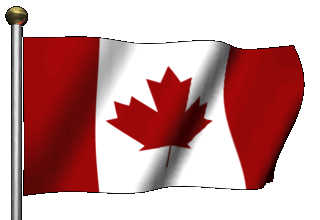 |

Toronto 2013
Cape Spear, the eastern most
point of North America 2003
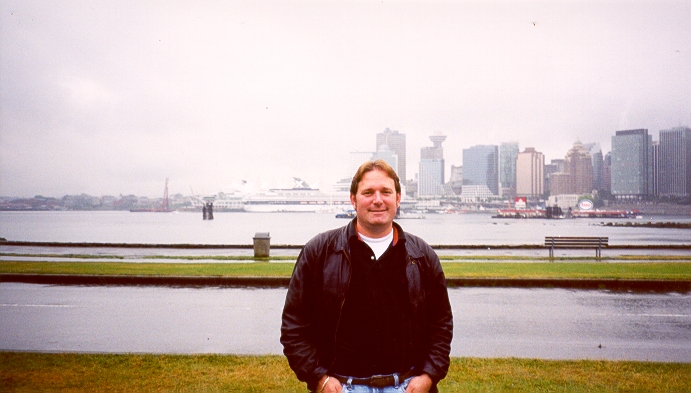
Vancouver Summer of 2000
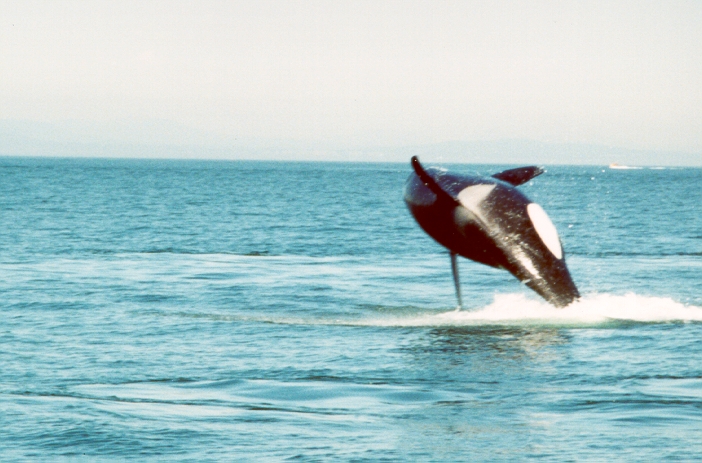
A Killer
Whale sighting in the Wild, Just off the Coast of Victoria in 2000.

Vancouver Summer of 2000


On the Subway in Montreal in
1989


